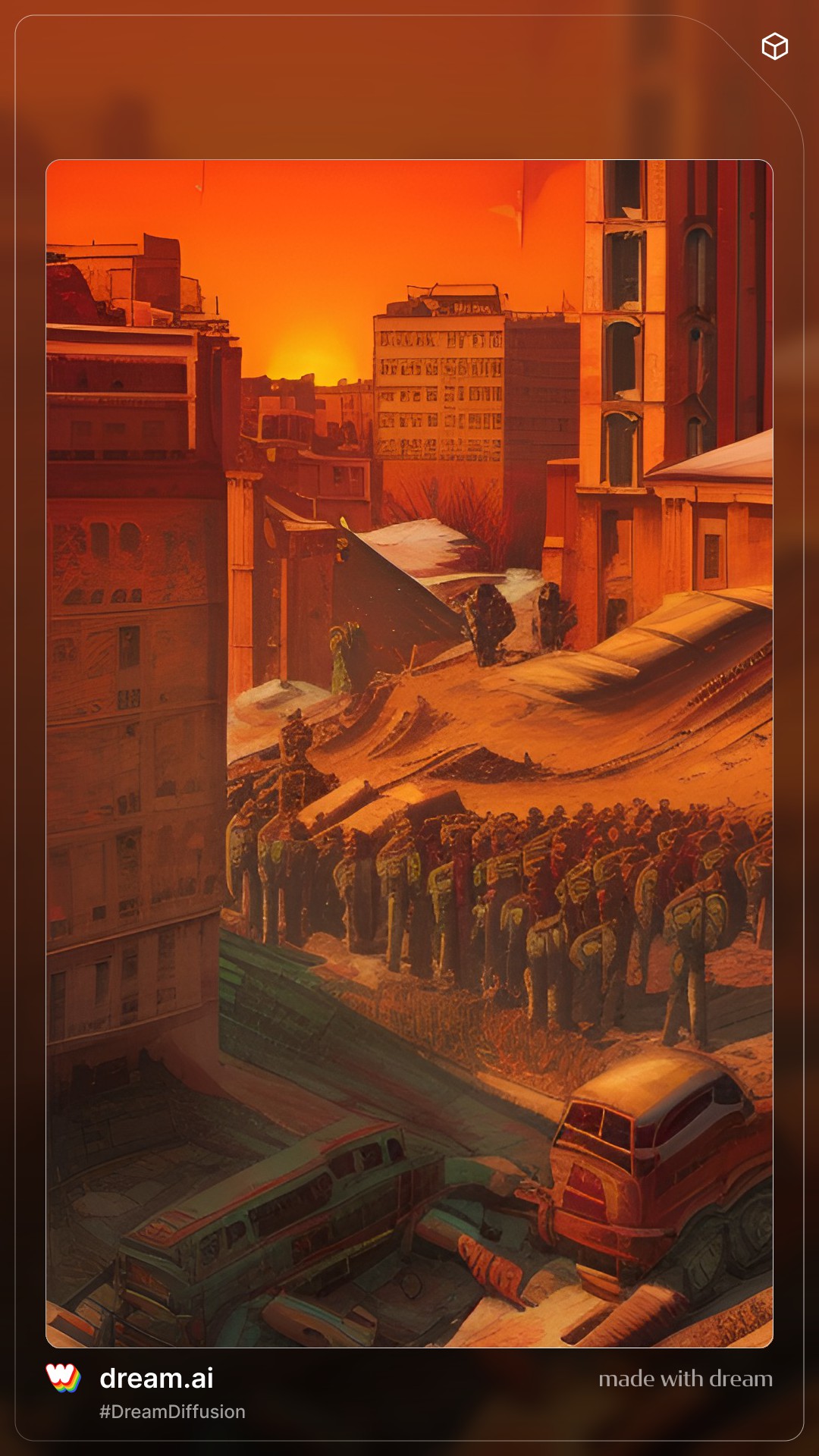I reframed the question, was using the wrong term, oops
To me the biggest difference is the fact that the power-balance is reversed. In electoralism the people directly vote in the government. But the people only know what the media tell them. And the media only tell them what their interests tell them to say, which is the oligarchs. Therefore you get USA, Russia, UK like behavior. Some people would separate Russia, but I would not.
In a country like China, for example, people only have elections on the local level, which means that the direct influence is only on the local level. But that means that the media can only have the influence on the local level, so the media cannot control the government. So everything is subjugated to whatever the state function is. If the function of the state is to better the lives for the people you get China, Cuba, DPRK like behavior. If the function of the state is to preserve power for the wealthy few you get Saudi Arabia like behavior.
Thanks for responding! Okay so what I’m getting is elections on a local, decentralized, level actually makes things more fair, (if it’s in the right hands)
The thing is that you have to give the decisions to the people, that is what democracy really is, not putting a ballot in the ballotbox or whateverthefuck the West think it is. And that is only possible on the local level, because there, even if the media are biased against someone, they have much less of an influence because in small communities people know the problems of the community and who is doing what, they feel it. So the people have more of a say in local elections. In general elections it is much more smeared, with media having much more of a say and therefore the owners of the media have much more of a say and therefore the power balance is reversed to what it should be. And yes, it all depends on what the function of the state is viewed as.
Much like capitalism is the next stage in the economic development from feudalism, socialism is the next stage in economic development to capitalism. But also, electoral democracy is the next step from monarchy, but Bolshevik democracy is the next step to electoral democracy. It is just evolution to a more efficient system, nothing more, and anyone defending the status quo cannot fathom that, even though they can fathom that capitalism is the next step of evolution of feudalism and electoral democracy is the next step in the evolution of monarchy. And much like religion was used to justify monarchy by calling monarchs “Holy” or the empires “Holy”, today the belief in “Freedom” is used to justify the current status quo. Sorry about this last paragraph, it is just my brain doing shit, a rant.
Nah you’re good. Also you vote for individuals as leaders instead of “teams”, right? I downloaded a pdf about Bolshevik democracy that I wanna read but school’s been heating up lately so I haven’t gotten a chance.
I don’t know what you mean by that question. Can you elaborate on it? There are different kinds of voting systems, each having their own costs and benefits. I prefer preferential voting, where there are X>Y candidates filling Y spaces and then the voting is preferential, people just put people on list 1-X, where 1 is most preferred and X is least preferred and then top Y people are chosen. Then the system itself forces them into a team, because they now govern region. There are mathematical ways that ensure that the best arrangements of candidates is possible to ensure the maximum average rank of the individuals. But, then again, Y could be equal to 1 :)
Oh I mean also having a one party system is more democratic cause you vote for leaders instead of representatives for a particular party with particular takes.

